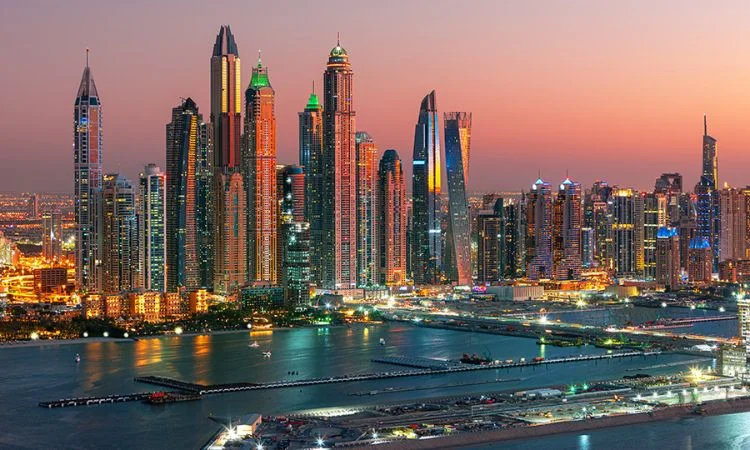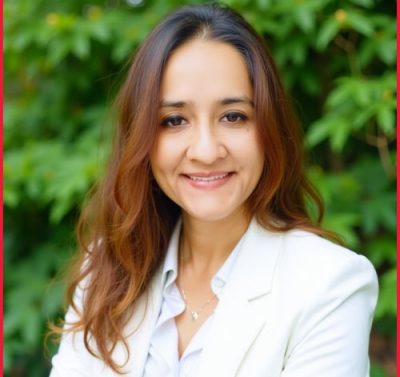The real estate sector in Dubai continues to outperform other markets across the GCC region and is expected to retain its leadership position in 2024 according to experts. analysts predict that while growth may slow for the industry as a whole next year due to global economic headwinds, strong developers with good financial strength, especially in Dubai and Riyadh, should navigate changing market conditions relatively well.

In the past year, Dubai accounted for over half of all real estate transactions in the GCC which reached a total value of $171.6 billion. This was a significant increase from 2022 and shows how Dubai mitigated declines seen elsewhere like Saudi Arabia, Qatar, and Kuwait. Transaction volumes in Dubai rose nearly 57% in 10 months of 2023, fueled by strong demand for luxury properties over $5 million from local and overseas buyers.
Real estate consultancy CBRE estimates total projects underway and planned across the GCC to be worth a massive $1.36 trillion. However, Saudi Arabia dominates this figure with $877 billion of projects while the UAE accounts for $292 billion. Even within the UAE, Dubai is by far the largest market, cementing its status as the financial and business hub of the region which drives real estate demand. Major developers in Dubai, including Emaar, Damac and Nakheel, continue expanding their product offerings to capitalize on this market strength.
Residential properties remain one of the top performing sectors in Dubai. Developers with strong brands, diversified portfolios, and flexible payment plans will likely see continued sell-through success of new launches in 2024 according to analysts. Office space is another key segment set to stay robust as regional headquarters and multinational firms drive leasing activity amid limited competing supply. Prime shopping malls and community-focused retail centers are also forecast to benefit from higher occupancy and rents despite a softening global outlook.
Going forward, Dubai is positioned to build on its first-mover advantage and brand image in the GCC through pro-business strategies like 100% foreign ownership in real estate which attract companies and wealthy individuals. As regional population centers grow and infrastructure expands under projects like the Expo 2020 site redevelopment, underlying demands for housing and commercial developments will remain intact. With liquidity and past experience navigating cycles, major Dubai developers are well-equipped to sustain growth even if at a more moderate pace compared to the highs of recent years. Overall, the fundamentals that have entrenched Dubai as the dominant force in GCC real estate look set to endure in 2024 and beyond.















